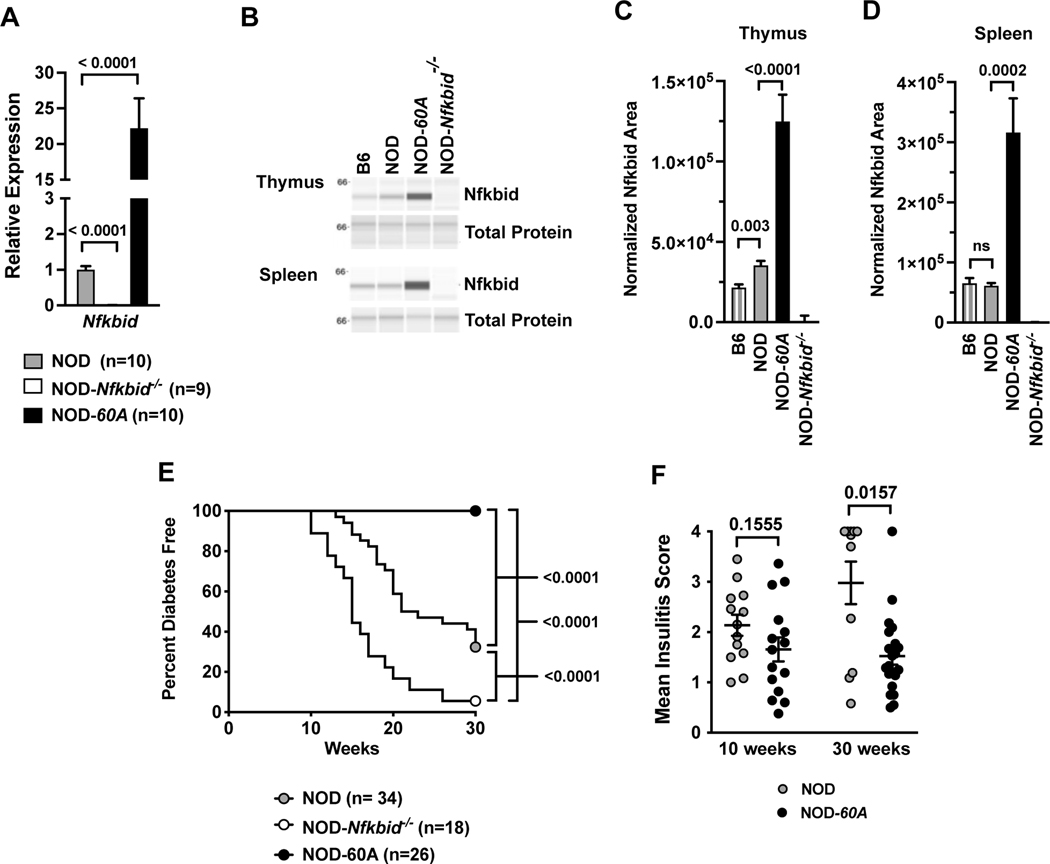Figure 1. Enhanced expression of Nfkbid prevents T1D and reduces insulitis.
(A) Nfkbid mRNA levels were measured in whole thymus extracts taken from 8-week-old standard NOD, NOD-Nfkbid−/−, and NOD-60A female mice (n=9–10 per genotype). Data are normalized to Gapdh expression levels and standard NOD controls. (B) Nfkbid protein (55kDa) was detected by Simple Wes western blotting in lysates from spleen and thymus of B6, NOD and NOD-60A mice, but absent in all NOD-Nfkbid−/− extracts. A representative sample from each strain is shown run in parallel for Nfkbid detection (upper panel) and for total protein assay (lower panel). (C) Quantitation of thymic Nfkbid levels normalized to total protein expression for n=8 each for B6 and NOD, n=9 NOD-60A and n=6 NOD-Nfkbid−/−mice. (D) Quantitation of splenic Nfkbid levels normalized to total protein expression for n=8 each for B6, NOD, NOD-60A and NOD-Nfkbid−/−mice. (E) T1D development was monitored by weekly urine glucose testing of female NOD-60A mice, their Nfkbid-deficient nontransgenic littermates (NOD-Nfkbid−/−), and standard NOD mice. Survival curve comparisons were analyzed by log-rank (Mantel-Cox) test. (F) Insulitis level was assessed by a blinded trained observer in 10-week-old mice or those surviving to 30 weeks. For A, C, D and F, mean ± SEM is represented and statistical significance was determined by Mann-Whitney nonparametric comparison.

